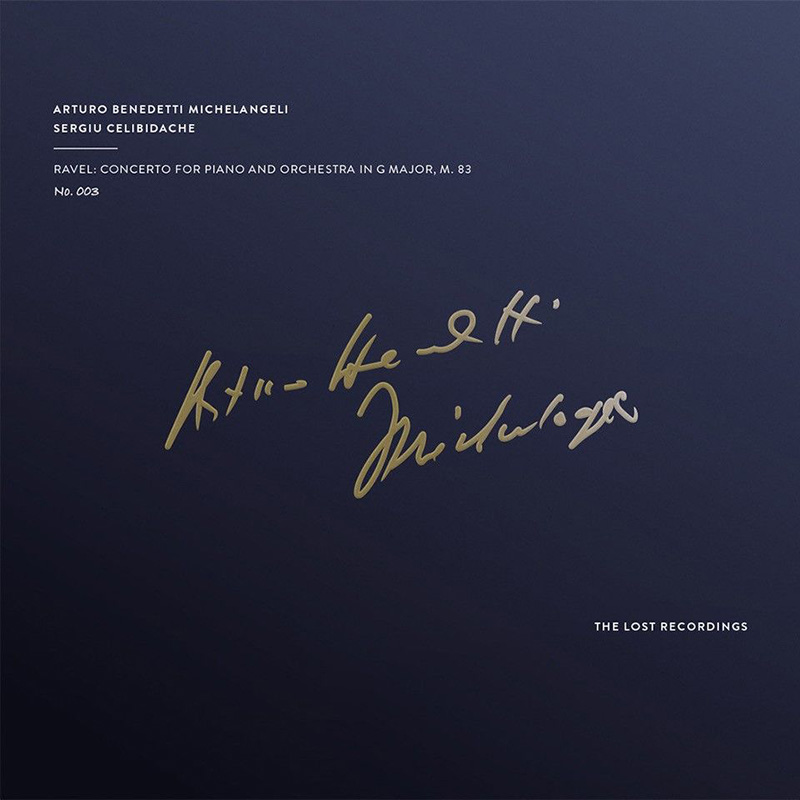Logowanie
OSTATNI taki wybór na świecie
Nancy Wilson, Peggy Lee, Bobby Darin, Julie London, Dinah Washington, Ella Fitzgerald, Lou Rawls
Diamond Voices of the Fifties - vol. 2
Tylko 1000 egzemplarzy!!!
DVORAK, BEETHOVEN, Boris Koutzen, Royal Classic Symphonica
Symfonie nr. 9 / Wellingtons Sieg Op.91
nowa seria: Nature and Music - nagranie w pełni analogowe
Petra Rosa, Eddie C.
Celebrating the art and spirit of music - vol. 3 - Pure
warm sophisticated voice...
Peggy Lee, Doris Day, Julie London, Dinah Shore, Dakota Station
Diamond Voices of the fifthies
Tylko 1000 egzemplarzy!!!
SAMPLER - STS DIGITAL, Buddy Tate, Milt Buckner, Walace Bishop
Jazz Masters - Legendary Jazz Recordings - v. 1
proszę pokazać mi drugą taką płytę na świecie!
Chesky! Niezmiennie perfekcyjny
Winylowy niezbędnik
ClearAudio
Double Matrix Professional - Sonic
najbardziej inteligentna i skuteczna pralka do płyt winylowych wszelkiego typu - całkowicie automatyczna
RAVEL, Arturo Benedetti Michelangeli, The London Symphony Orchestra, Sergiu Celibidache
Concerto for piano and orchestra in G major
For decades now pianists and other musicians have acclaimed the recording of this concert, only available on video. It was of utmost importance to us to publish it as a record. While we were looking for the video recording in the BBC archives, we stumbled upon the analog stereo tape that had fallen into oblivion. We used it to bring this emotion-filled, historical evening back to life. London, 11 April 1982. The expectant audience in front of the Royal Festival Hall was hoping that the extraordinary Arturo Benedetti Michelangeli – the pianist who would cancel his concerts at the last minute if he considered that neither of the two pianos he travelled with could render the colours that his mind and fingers would paint – would play that evening. The BBC sound engineers were wondering if they would be allowed to set up their microphones and cameras. Conductor Sergiu Celibidache intensely disliked any recording, maintaining that music is an art of the moment. In his opinion, microphones could not render all the harmonic richness, nor enable listeners to understand his choice of tempi, which he determined according to the acoustic parameters of any given moment. It would take not one, but several miracles for the concert to come off. They all took place that evening. The utmost rigour, the vision of the music, and the mutual confidence and understanding between these two legendary figures since late in the 1960s all played a part. The pianist walked regally onto the stage. In his hands, he was clutching a small black handkerchief. Maestro Celibidache followed him. That evening, they were performing Maurice Ravel’s last work for orchestra – the Concerto in G that the composer had planned to perform himself on “the five continents” until his delicate health meant he had to renounce the project. The Adagio assai, as Ravel wrote, is a tribute to scholasticism. “How I worked over it bar by bar. It nearly killed me.” In this section, he literally suspends time. And is this not the essential function of Art: to allow man to triumph over passing time and to grasp at the constellations to seize an alternative to his sad fate?





























